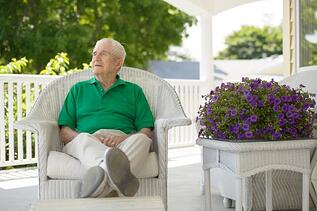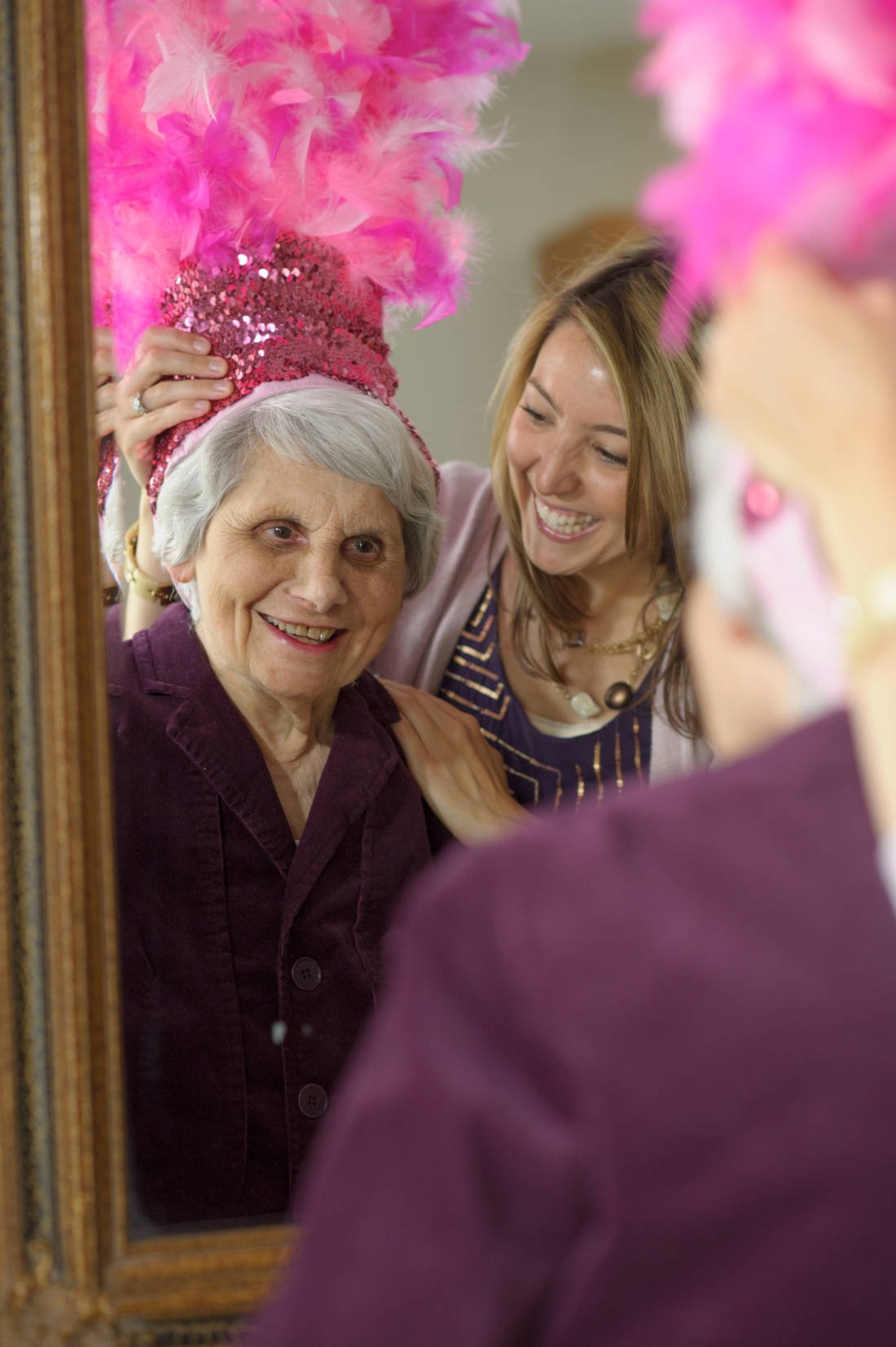 While there is presently no cure for Alzheimer's disease, doctors have found effective treatments that may be useful in helping to slow the progression of this devastating disease.
While there is presently no cure for Alzheimer's disease, doctors have found effective treatments that may be useful in helping to slow the progression of this devastating disease.
Pinpointing Alzheimer's disease early is one of the most important things you can do for your loved one. This allows for earlier treatment of the disease, which may help preserve cognitive abilities for a longer length of time.
A recent study indicates that falls may be one of the earliest signs of Alzheimer's disease in older adults.
The Study
Researchers at the Alzheimer's Disease Research Center at Washington University in St. Louis studied a pool of 125 volunteers who were age 65 and older. They recorded the number of falls these individuals experienced over a one-year time period. The participants reported 154 total falls, with no more than 12 falls per person. Some participants did not experience a fall at all during the course of the study.
In conjunction with the study, the researchers performed brain imaging to look for a specific protein that is a predictor of cognitive issues. They also performed lumbar punctures on the volunteers to look for cerebrospinal fluid proteins. Both of these factors are considered risk signs of Alzheimer's disease. The study then adjusted for the differing physical ability levels in the participants.
The Results of the Study
After making all of the necessary adjustments to account for the varying physical abilities of the participants, the study found that those who had a high number of falls also had a higher number of biomarkers for Alzheimer's disease than those who had a few number of falls. Also, those with high biomarkers were more likely to fall earlier in their lives than those who did not.
What These Results Mean
While this study is just one study, and more studies need to be done, it does suggest that falls could be a predictor of Alzheimer's disease. At this time, because this was just one study performed on a small group of people, it is not yet considered an early detector of the disease. Still, if your loved one has recently experienced a few falls and is unsure about the physical reasons that have caused these falls, you may want to consult with your doctor about considering some early testing for potential cognitive impairment.
Key Takeaways:
-
Patients with biomarkers for Alzheimer's disease seem to experience falls more often and earlier than those who don't.
-
Preliminary research indicates falls may be a predictor of future cognitive issues in older adults.
-
Further research is needed before falls can be considered a true predictor of Alzheimer's disease.
- Consult with your doctor if you have concerns about your loved one and a recent pattern of falls.





 While there is presently no cure for Alzheimer's disease, doctors have found effective treatments that may be useful in helping to slow the progression of this devastating disease.
While there is presently no cure for Alzheimer's disease, doctors have found effective treatments that may be useful in helping to slow the progression of this devastating disease.